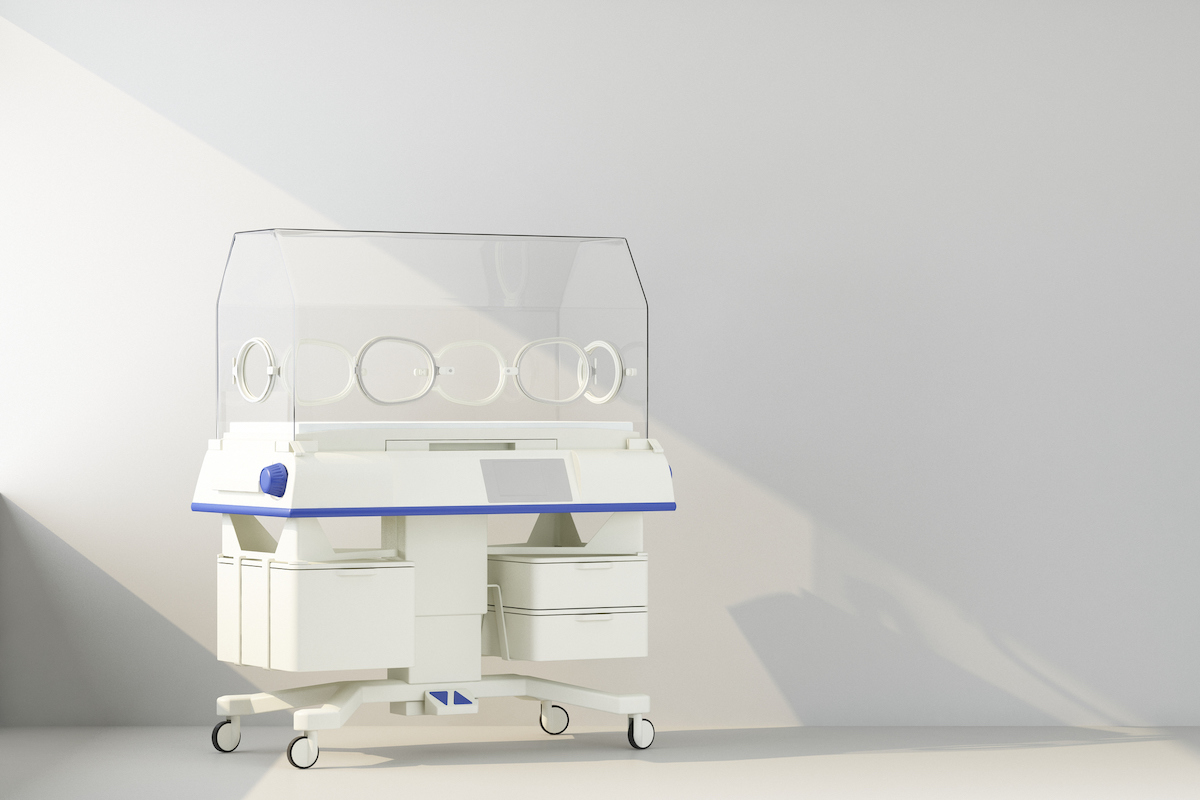Both of my kids were born premature, my older son at 34 weeks and my younger son at 35 weeks. For both, I had strong signs of early labor about two or three weeks before they came, and I was given a steroid injection to help with fetal lung development. Both were born with no breathing problems. When the doctor proposed this option with my first, she basically said there were no downsides of doing it, and, besides a couple of restless nights while I was on steroids, I haven’t noticed any. With my second, I asked if I should get the shot, and the doctor (a different one) agreed. Does this really have basically no downsides? If so, why isn’t it routine practice to give to women at, say, 31 or 32 weeks “just in case”?
—I only have preemies
Steroid injections for threatened preterm birth are one of the strongest evidence-based recommendations we have. There are literally dozens of randomized trials showing that this treatment can reduce the risk of respiratory distress syndrome in neonates and decrease infant mortality. The treatment you got in both cases was spot-on correct given when your labor signs started.
There are a couple of reasons why it would not make sense to give this routinely.
First, the benefits of the injection are short-lived, beginning around 24 hours after injection and ending about seven days later. That is to say: this isn’t a hack to make the lungs develop faster; it’s a treatment to improve the short-term functioning of the lung tissue that babies have. If you got this shot at 31 weeks, it would only provide benefits through 32 weeks, and since almost no one is giving birth at that time, there would be little value.
Second, there are some concerns about possible long-term impacts, especially in neurological development. These concerns are subtle, and it’s not clear what is causal. For babies born preterm, treatment with steroids before birth seems to improve neurodevelopmental outcomes. This makes sense, given that it improves breathing and lowers the risk of serious complications in the neonatal period.
For babies who are born at term, though — these would be infants whose moms were treated with steroids but then birth occurred at full term — there is some evidence of a small increase in learning disabilities and other developmental issues. These effects are small and may not be causal. Further, randomized data on steroids even close to term (34 to 36 weeks) does not show cognitive effects.
However: the concerns are consistent enough that the treatment is reserved for cases where we know it is beneficials, which is when preterm labor seems likely.
Community Guidelines
















Log in